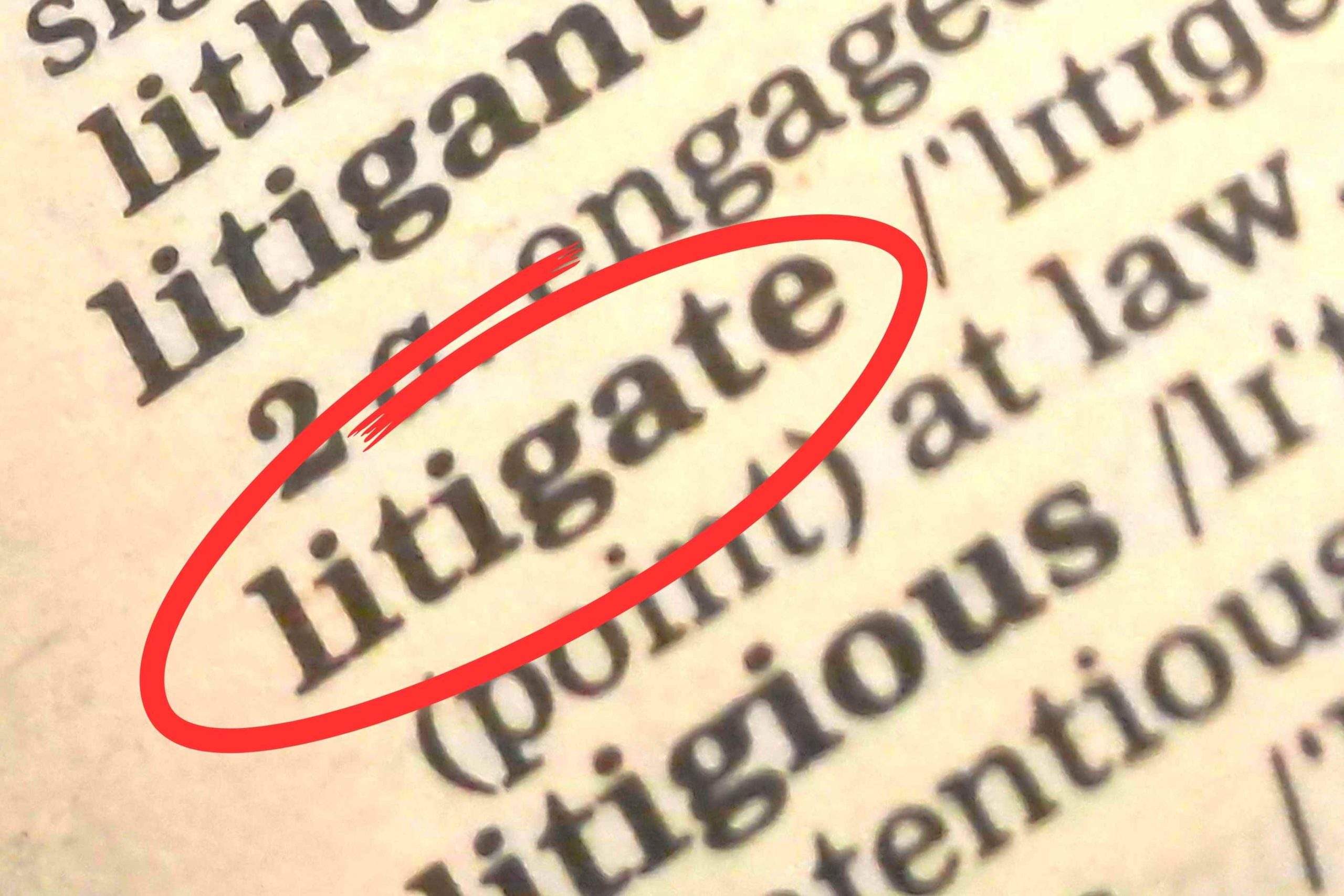New High Court ruling: if you need litigation, get a qualified litigator

A recent ruling in the High Court has put the legal profession into a bit of a tizz.
In Mazur vs Charles Russell Speechlys, the Court was asked to consider who is allowed to conduct litigation, when Mrs Mazur and others challenged the involvement of a non-qualified member of staff who had conducted virtually all the claim that was pursued against them.
The final judgment stated: “mere employment by an authorised law firm does not entitle non-authorised individuals to conduct litigation, even under supervision.”
So, what does this mean?
The judgment questions, and possibly stops, a fairly common practice in many law firms and debt recovery practices, who rely on a variety of staff, ranging from qualified paralegals to trainees and assistants, to undertake most or all the litigation work, even when such staff are supervised by a solicitor.
The Mazur judgment states that this method of working risks criminal liability, cost recovery challenges, and sanction by the legal sector’s regulatory body, the SRA, and according to a recent article in the Law Society Gazette, some law firms have now taken steps to cull staff, including qualified Legal Executives, as a consequence.
But how will this affect me?
The greatest risk is to a party who succeeds with their claim at trial and then seeks to recover costs from the other side. The Mazur judgment currently provides the basis of an argument against an order for costs being made in their favour, if their case has been conducted, in whole or in part, by non-authorised individuals.
There is also concern that judgments previously made by the Court in respect of costs, could now be challenged.
Summary
Unqualified staff are permitted to support an authorised person in the conduct of litigation, but they are not allowed to conduct it themselves. In high-volume litigation practices, such as those who deal with debt recovery, litigation class actions, and personal injury claims, a business model which employs unqualified staff to work on cases, distantly overseen by a qualified supervisor, is no longer acceptable.
If you about to enter litigation, or are currently in the middle of a case, you should check who is undertaking the work you are paying for. You do not want to successfully complete your litigation, and then be faced with an argument that you have no right to claim a reimbursement of your costs.
At AWB Charlesworth Solicitors we have extensive experience in dispute and litigation matters. If you need legal advice at any stage, contact:
David Tear | 01274 037073 | david.tear@awbclaw.co.uk

David Tear
20 October 2025
Read more…
Director disputes – why they happen, what to do
Employee Disputes: Have you considered a Settlement Agreement?
SRA Statement following the case of Julia Mazur & Ors v Charles Russell Speechlys LLP

